Self-medication - Precautions to take
Self-medication (self-care) is the act of taking for oneself or administering oneself to another person, a substance deemed to have a healing or health-improving effect. The definition is broad, starting with orange juice and ending with medicine lying around in the medicine cabinet.
On this site, all the choices you make are checked by a pharmacy team. If the therapeutic products you order are not for you, always indicate who is going to use them. Thus, the risk is reduced that an accident occurs.
TO BE VIGILANT
Be vigilant with people at risk:
- those who took other medications
- children
- pregnant women
TO BE INFORMED
Before taking or administering a medicine yourself, always read the instructions and if in doubt call a pharmacist, specifying who the product is intended for.
BE CAREFUL
- Never use leftover medicine prescribed by a doctor that is not available over the counter, eg. antibiotic. If in doubt, call a pharmacist
- Never use an unknown medicine. Call a pharmacist.
- Never take a mixture of medications without calling a pharmacist
BE DISCIPLINED
Follow the instructions in the medication leaflet: dose, time of intake and duration of treatment
TO PAY ATTENTION
- If your symptoms persist, worsen or recur, call a pharmacist.
- If a fever lasts more than three days, see a doctor urgently. Usually this is a sign of infection.
- If after taking a medicine you notice side effects, call a pharmacist.




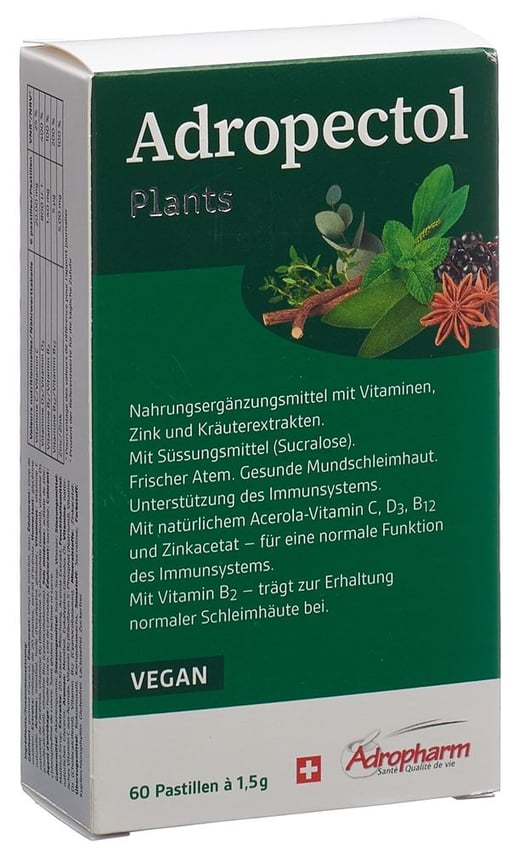
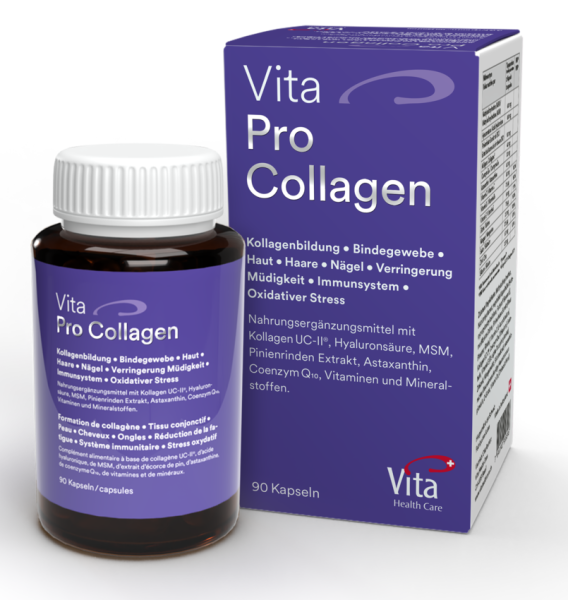
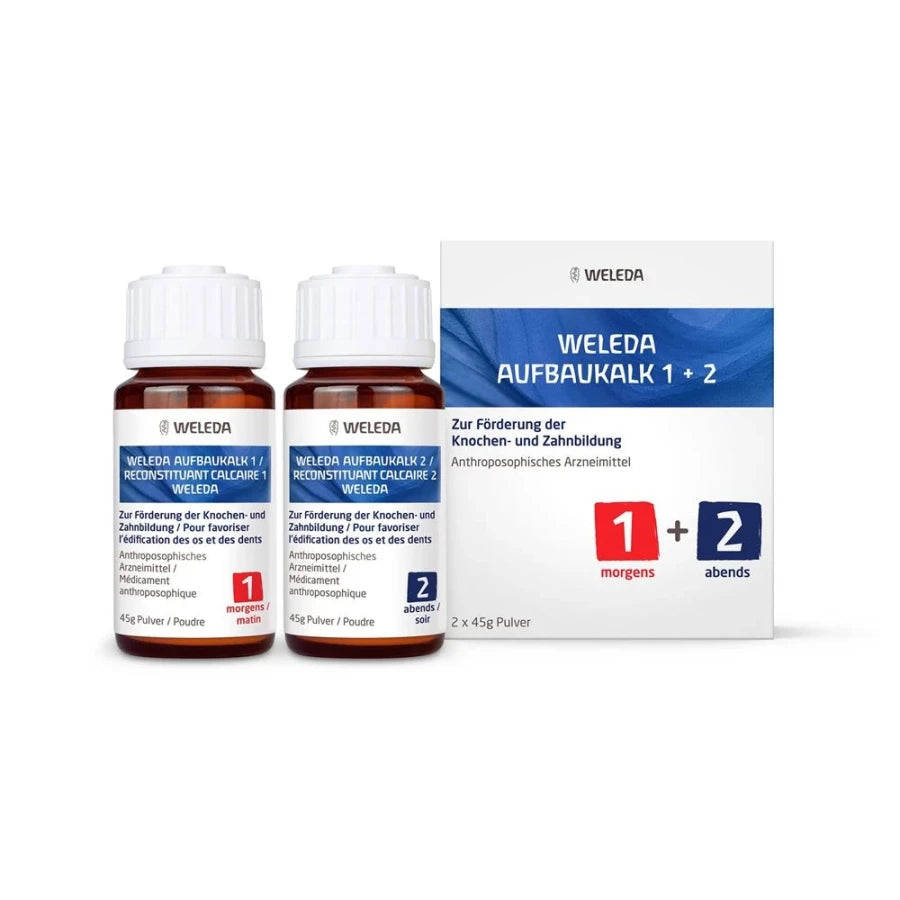
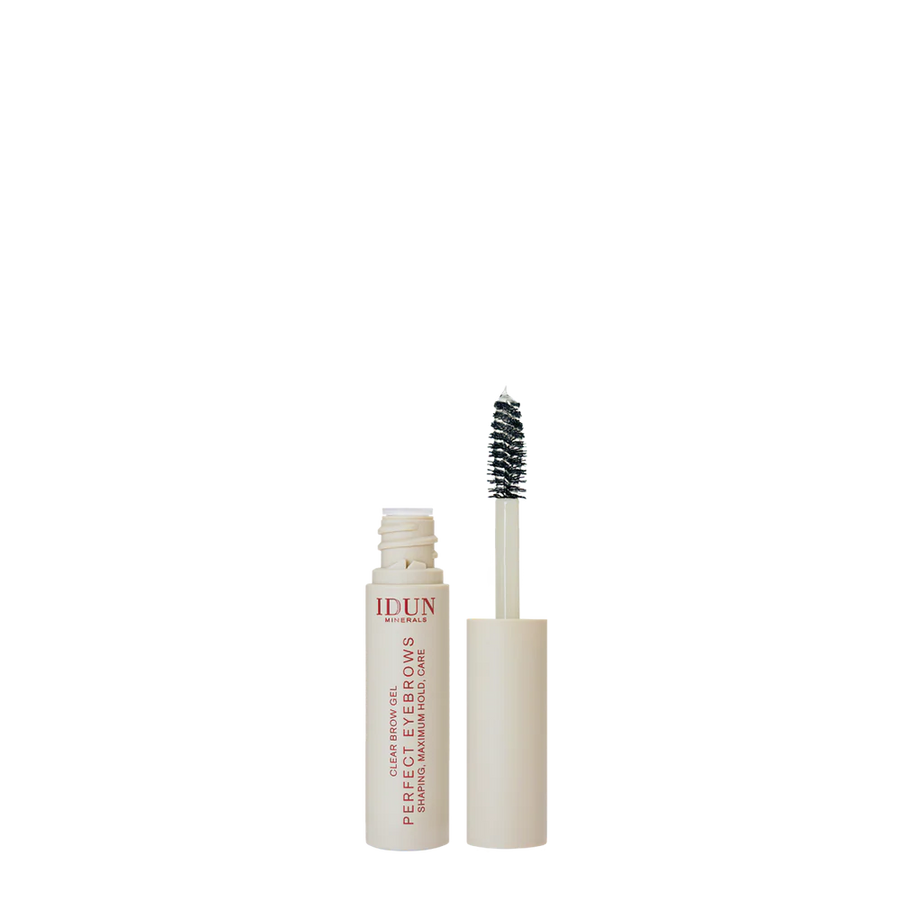

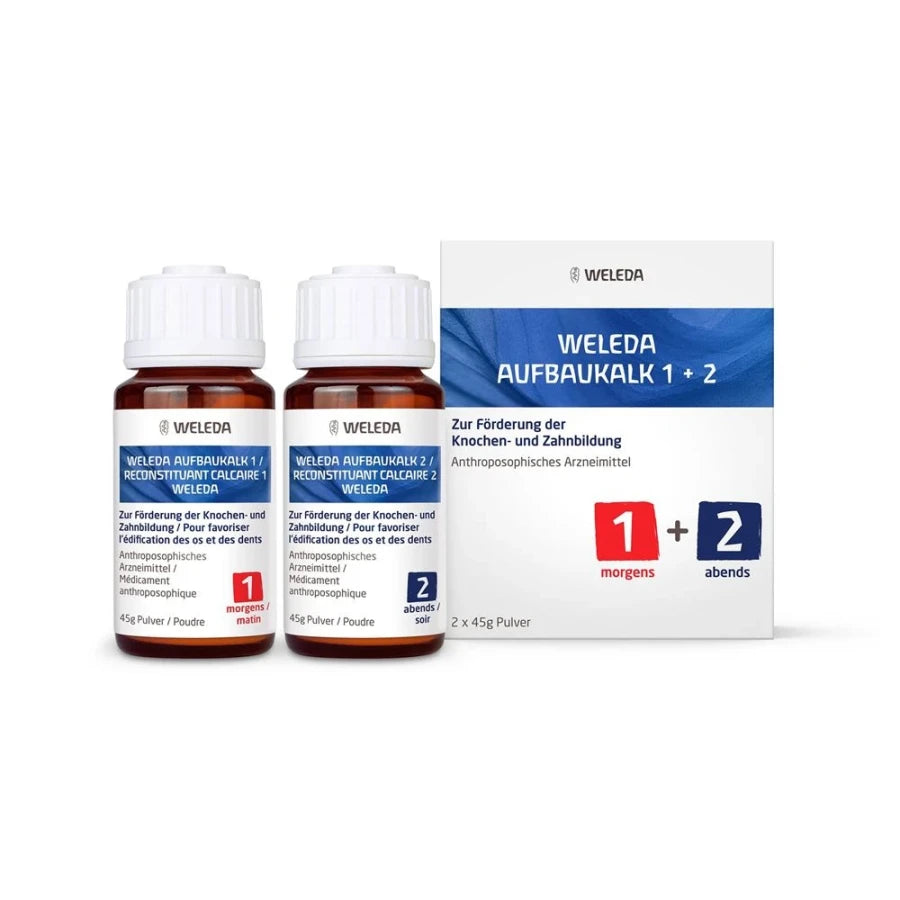
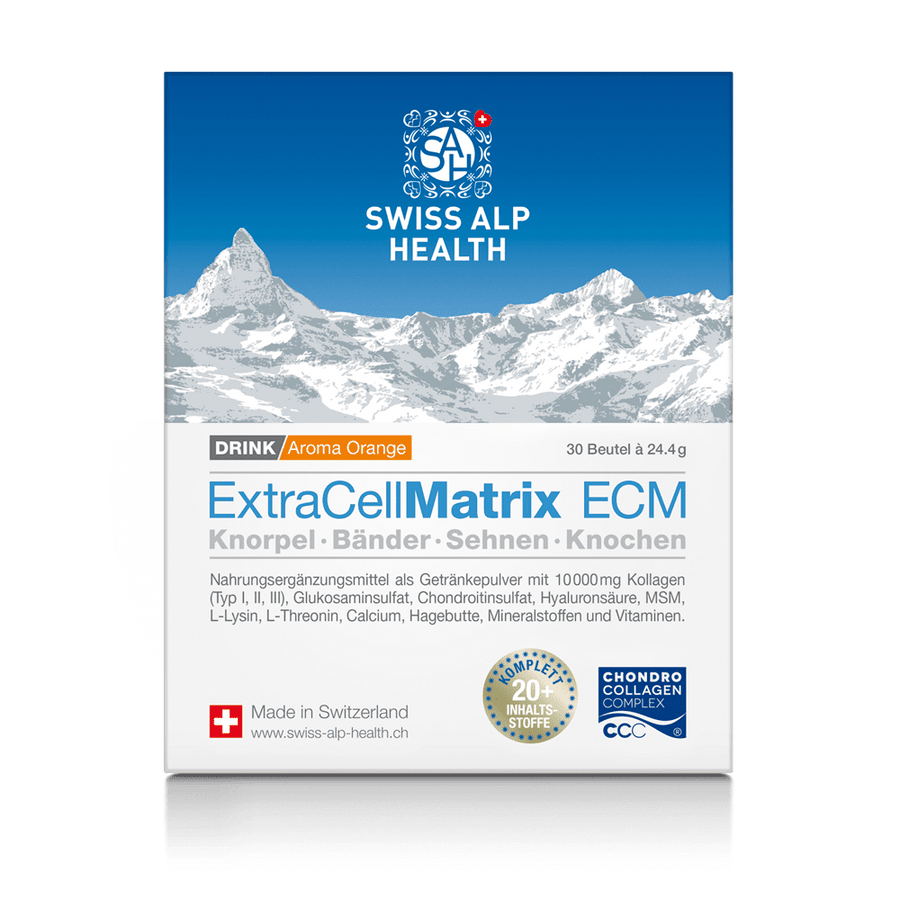
Muchas gracias. ?Como puedo iniciar sesion?
Leave a comment